detail profile mauro mendon c3 a7a
Peran Yang Di Mainkan Mauro Mendonça
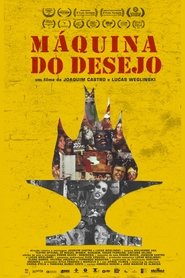 In six decades Teatro Oficina has...
In six decades Teatro Oficina has...Desire Machine: 60 Years of Teatro Oficina 2021
In six decades, Teatro Oficina has done more than revolutionize theatrical language in the country: the aesthetic influence of José Celso Martinez Corrêa's company extends from Tropicalism to the renewal of Brazilian audiovisual languages from the 1960s onwards. The film revisits a story that it involves personalities such as Caetano Veloso, Glauber Rocha, Lina Bo Bardi, Chico Buarque and Zé do Caixão, brings together scenic art, ecology, architecture and sexuality, and mixes art and life in the search for a Brazilian based language.
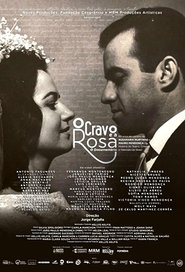 Documentary on Rosamaria Murtinho and Mauro...
Documentary on Rosamaria Murtinho and Mauro...The Clove and The Rose 2017
Documentary on Rosamaria Murtinho and Mauro Mendonça’s 60-year long career in Brazilian theater, film and television. The film not only runs through the career of these artists, but also paints a portrait of a generation that rose alongside them and that works with art till this day.
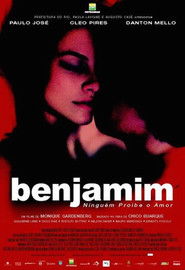 Benjamim Zambraia is a lonely man...
Benjamim Zambraia is a lonely man...Benjamim 2003
Benjamim Zambraia is a lonely man, a famous model with a tragic past. Some time in the past, he showed some officers the exact location where the woman he loved was hiding with her guerilla lover. As a result, the two were killed. One day, he casually meets a woman who looks very much like his former love, and this fact changes his life. Could she be the daughter of his great love? Or her reincarnation?
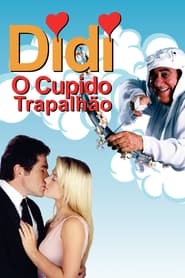 A clumsy angel is sent away...
A clumsy angel is sent away...Didi, o Cupido Trapalhão 2003
A clumsy angel is sent away from heaven by God Himself. He may only return after he becomes a good Cupid. But the first couple he tries to connect is a real challenge: the man is poor, and the girl comes from a rich family. And their names are Romeu and Julieta.
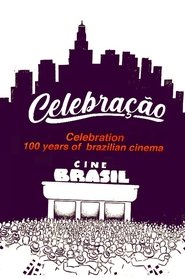 Portraits and excerpts from Brazilian films...
Portraits and excerpts from Brazilian films...Celebração - 100 Anos do Cinema Nacional 1997
"Portraits and excerpts from Brazilian films from all times. Actors, directors and images that affirm cinema."
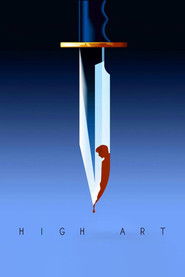 Peter Mandrake a NorthAmerican photojournalist becomes...
Peter Mandrake a NorthAmerican photojournalist becomes...High Art 1991
Peter Mandrake, a North-American photojournalist becomes embroiled in South America's dangerous underworld of pimps, drug gangs and arms smugglers when he sets out to find the killer of a local call girl.
 Yet another Godfrey Hoscripted Joseph Laiproduced...
Yet another Godfrey Hoscripted Joseph Laiproduced...Official Exterminator 3: Joy for Living Dead 1987
Yet another Godfrey Ho-scripted / Joseph Lai-produced / IFD-distributed "cut-and-paste" job. This one takes much of its footage from the 1983 Brazilian movie Doce Delirio and adds new and unrelated martial arts footage shot by Phillip Ko.
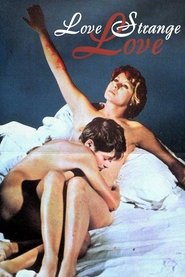 A man remembers fortyeight crucial hours...
A man remembers fortyeight crucial hours...Love Strange Love 1982
A man remembers forty-eight crucial hours in his life when, as a child, he visited his mother, the favorite woman of an important politician, in a bordello owned by him, right before some important political changes in 1937 Brazil. In those hours, he discovers his own sexuality.
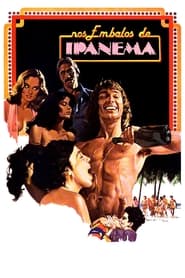 Toquinho is a young man living...
Toquinho is a young man living...Nos Embalos de Ipanema 1978
Toquinho is a young man living in Marechal Hermes, a poor neighborhood in Rio de Janeiro, together with his widow mother and a younger sister. Although he is poor, he is also ambitious, and wants to change his life. He spends all his time on the beach, at Arpoador, Ipanema, where he dreams to become a famous surfer. Besides, he usually finds Patricia there, a rich and liberated young woman, whom he likes a lot. To impress Patricia and satisfy some of her wishes, he lets himself be seduced by André, a gay guy who, in return for his sexual favors, promises him a trip to Hawaii for a surf championship.
 On a scorching summer day in...
On a scorching summer day in...Rio, 100 Degrees F° 1955
On a scorching summer day in Rio de Janeiro, five impoverished black boys venture out of their favela to peddle peanuts throughout the bustling city. As they navigate the various districts of Rio, they bear witness to a series of unfortunate events and encounters, unfolding a vivid tapestry of urban life in Rio de Janeiro during that period. These true misadventures shed light on the gritty reality of the city, unveiling its vibrant urban tapestry.

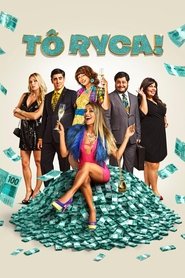 Selminha is a lowerclass woman who...
Selminha is a lowerclass woman who...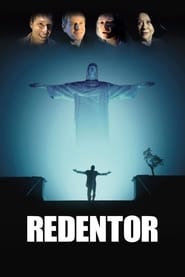 Clio Rocha believes he was assigned...
Clio Rocha believes he was assigned...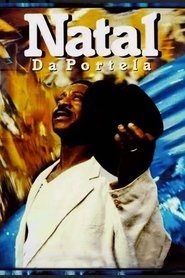 Biography of one of the legendary...
Biography of one of the legendary...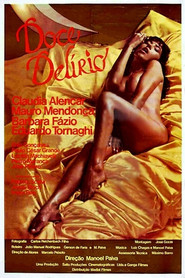
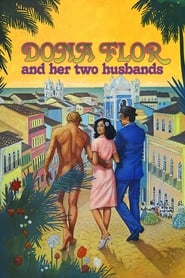 After the death of her handsome...
After the death of her handsome...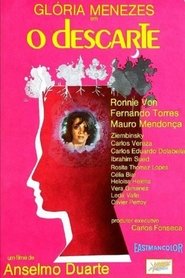 After Cludia haunted by her husbands...
After Cludia haunted by her husbands...